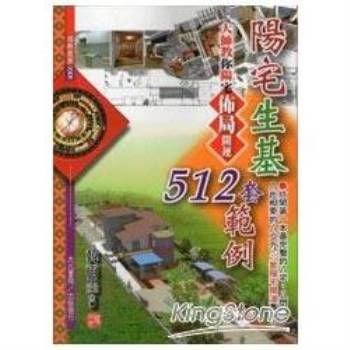Decadence is seldom looked at in the context of colonialism, and yet its heyday in the 1880s and 1890s is directly contemporary with the expansion of France’s modern colonial empire. Ever a slippery signifier, Decadence figures alternately as pro-colonial, anticolonial and apolitical. This edited volume gives a sense of the sheer range and diversity of intersections between colonialism and Decadence, from anticolonial anarchist writers to colonial discourse, from nineteenth-century women writers to our contemporary, Michel Houellebecq. Different chapters explore these intersections in the cultural imagination of dance, the novel, travel writing, historiographical theory, and literary networks. Decadence is often seen as an essentially metropolitan, urban movement, but this study identifies key spaces elsewhere, from fin-de-siècle Saigon to India in the heyday of French colonialism, from Byzantium to ancient Persia. Although the colonies were held up by some as an antidote to the threat of French decline, other writings reveal anxiety that the antidote might itself be a form of poison. Colonial contact might exacerbate degeneration, whether through cultural mixing or through the violence of colonial aggression itself. A profound anxiety about French identity and France’s so-called mission civilisatrice is played out through the imagery, the style and the pose of Decadence.










